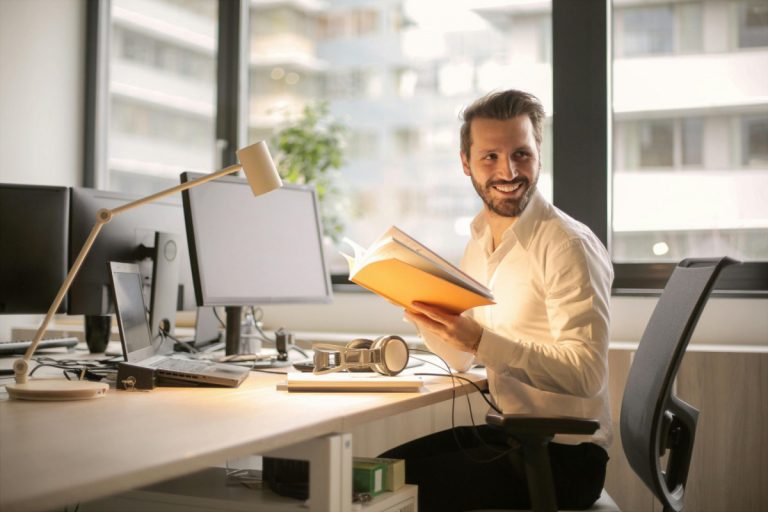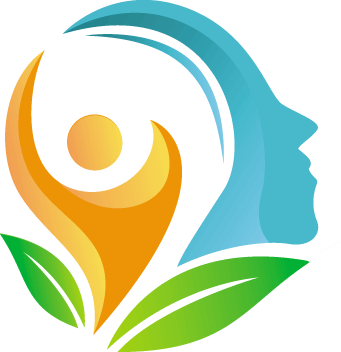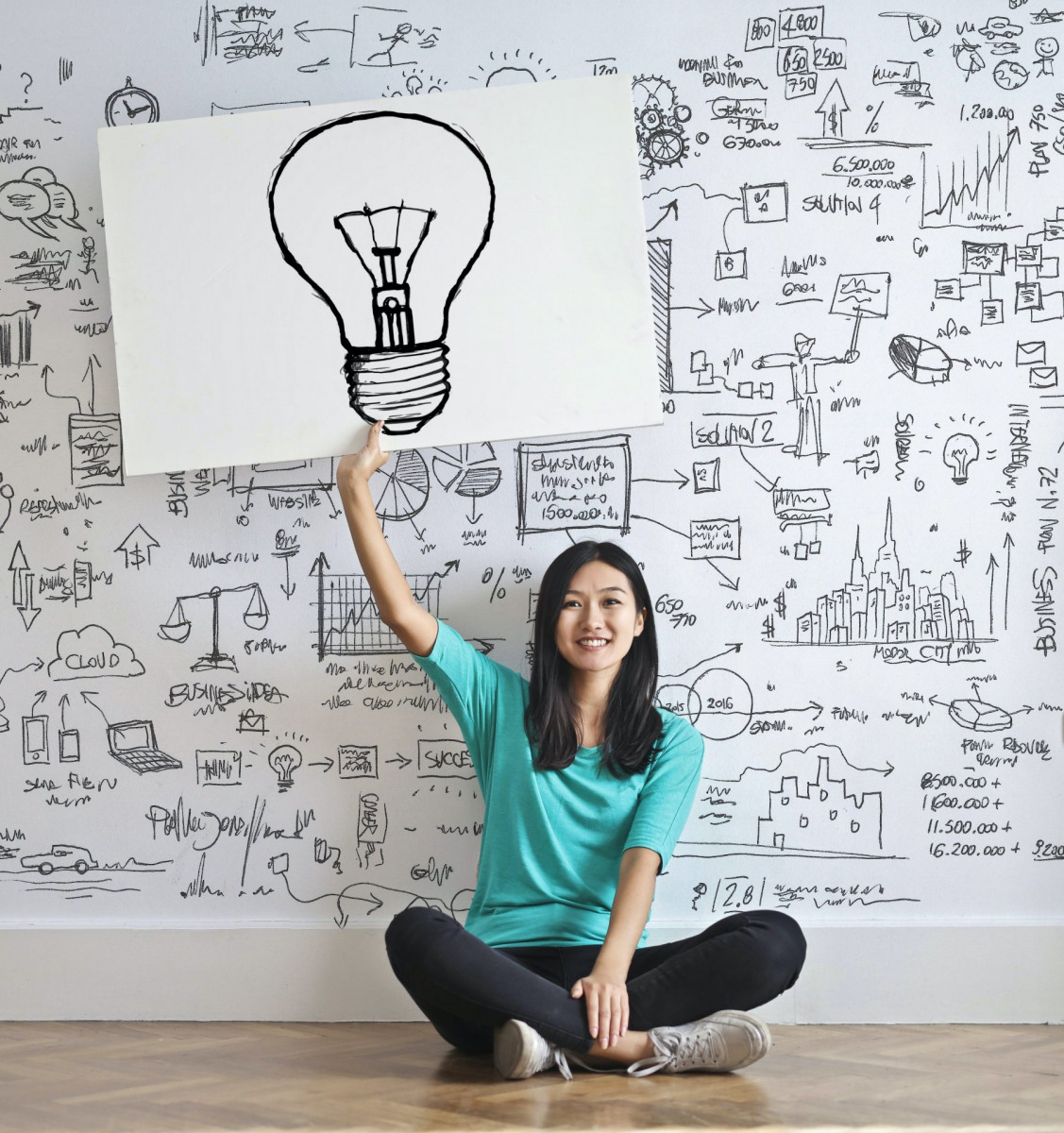Multitasking...What if I made the best decisions for my well-being and performance?
by Christelle Marchetti | on February, 14 2024 |
Although we all tend to undertake more than one task at a time in our everyday lives, the tasks we have to perform at work usually require a certain level of concentration. But multi-tasking is A MYTH! ….
According to the majority of researchers in neuropsychology, psychology and organisational science, trying to multitask doesn’t work. Is this the case in all cases? Why not? And how can we free ourselves from it?
Why is multi-tasking a myth?
It has been proven by numerous professionals, including Elena Sender, a journalist specialising in neuroscience at New York University, that the brain becomes LESS efficient when stimulated with two tasks.
In fact, when we anticipate an upcoming task, it disrupts the performance of the current one!
What effect does it have on us?
Mutitasking:
- Increases our difficulty in making decisions and causes us to waste time jumping from one task to another
- Gradually reduces our concentration and affects our comprehension
- Impacts our physical health by constantly stimulating our brain (fatigue, increased heart rate, etc.)
- Prevents us from being in the present moment. At home, you’re physically there but your head is elsewhere, reading your work emails for example.
- Takes precedence over our safety. Driving while texting or thinking about projects in progress
- Diminishes our creativity. Calm calls for creativity. Rush calls for survival instinct

Can multitasking be a positive experience in some cases?
Yes, multi-tasking can be managed in a sensible way in one case: when it concerns a complex activity and a simple activity at the same time.
It is therefore possible to do tasks that are said to be automatic with another rather complex task.
Walking and talking, for example. Walking is an automatic phenomenon that requires no thought on the part of the brain, unlike talking.
Cooking and listening too. And many more…

Is it possible to be more productive without multitasking?
It is possible to get rid of it, or at least reduce its use, by adopting new habits:
One goal at a time to avoid mental and physical exhaustion. At work and at home!
- Use the “Do not disturb” functions when you are working on a complex subject that requires concentration. On your computer and phone applications.
- Put the phone away to create your own concentration bubble (at work), the computer (at home) to create your own calm bubble (at home).
- Stay true to your priorities. It’s vital to know the relative impact of each task so that you can better prioritise them as a whole. In this way, you can ignore the arrival of a new, less essential request. Or vice versa.
- Plan and organise your time and make a list of priorities on a piece of paper to avoid being interrupted on your computer. Then prioritise by block of work and block of time One block at a time.
- Taking breaks allows you to step back from the tasks at hand and recharge your batteries.
- Practise holistic techniques such as sophrology, meditation or others…
March 19 or 21, 2024 - launch a French program SOPHRO ACTION " I'm improving my concentration now " in 4 weeks
If you'd like to develop your concentration with Holistic Therapy and improve your well-being at the same time, sign up for the French program or wait for the English one, on April! VIRTUAL MODE OR IN MONCTON.
DO YOU KNOW?
Certain meditation practices increase your ability to concentrate for longer and more easily, reducing the need to switch tasks and developing your attention span!
In Sophrology, one of the basic tools used in sophrology is conscious breathing. Breathing exercises help to restore the all-important balance between body and mind. Practices as beneficial for individuals as for groups (services offered).

